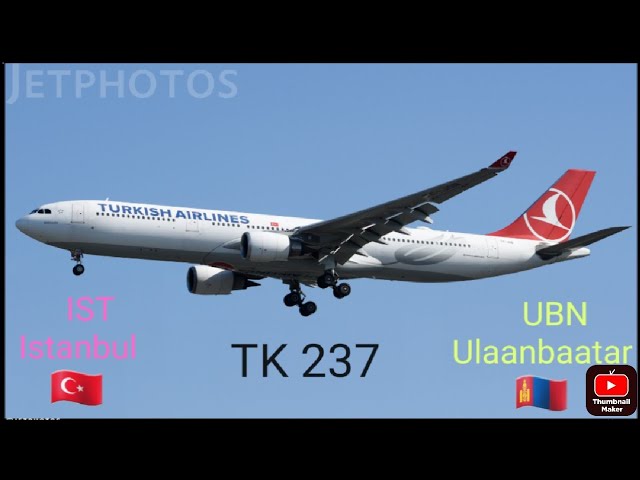Exploring Turkish Airlines: A Leader in Global Aviation

Introduction
Turkish Airlines, the national flag carrier of Turkey, has established itself as a significant player in the global aviation industry. With a vast network that covers over 300 destinations across more than 120 countries, it plays a vital role in connecting regions and facilitating international travel.
Recent Developments in Turkish Airlines
As of 2023, Turkish Airlines has been navigating the post-pandemic landscape by expanding its operations and enhancing passenger experience. The airline reported a robust recovery with an increase in passenger numbers and revenue following the global travel restrictions of the previous years. According to their latest financial report, the airline has seen a 30% increase in passenger traffic compared to pre-pandemic levels.
This growth has been bolstered by an aggressive fleet expansion plan, including the addition of new aircraft such as the Airbus A350 and Boeing 787, which offer improved fuel efficiency and comfort. Moreover, Turkish Airlines has invested significantly in upgrading its in-flight services and digital platforms to cater to evolving customer demands.
Strategic Initiatives and Partnerships
Turkish Airlines has embarked on strategic initiatives to enhance its competitive edge. The airline has entered into several code-sharing agreements and alliances with other global carriers, thereby broadening its reach and improving connectivity. These partnerships are crucial in maintaining its position as a leading airline hub between Europe, Asia, and Africa.
In alignment with its vision of becoming a top global airline, Turkish Airlines has also committed to sustainability by implementing environmentally friendly practices. This includes initiatives aimed at reducing carbon emissions and investing in more sustainable aviation fuel.
Challenges Ahead
Despite its remarkable recovery and expansion, Turkish Airlines faces challenges such as fluctuating oil prices and geopolitical tensions that can impact flight operations. The airline’s management remains optimistic, aiming to solidify its reputation and enhance its competitive positioning through innovation and service excellence.
Conclusion
In conclusion, Turkish Airlines has reaffirmed its status as a global aviation leader by adapting to new market conditions and expanding its international footprint. As it continues to invest in fleet upgrades, customer experience, and sustainability, the airline is positioned for future growth. For travellers and aviation enthusiasts, Turkish Airlines remains an essential focal point in the ever-evolving aviation landscape, promising connections and experiences that transcend borders.









